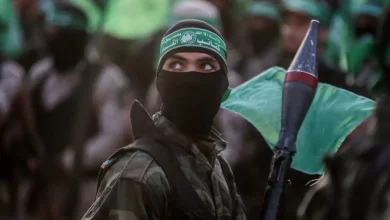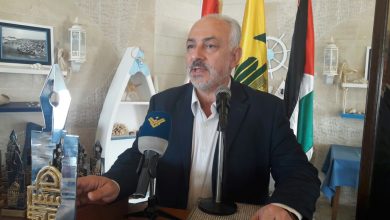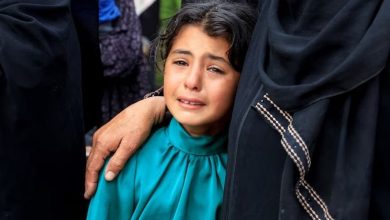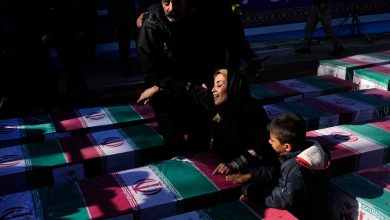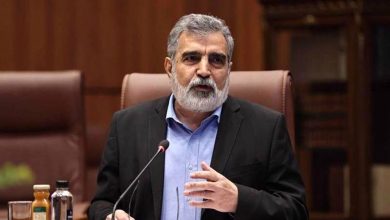Hashd al-Sha’abi mobilized resistance forces along the Syrian border as concerns continue to escalate
Iraq's Popular Mobilization Units, commonly referred to as Hashd al-Sha’abi, have deployed personnel and military equipment to reinforce the nation's extensive border with Syria. This strategic move aims to address escalating security concerns following the recent overthrow of Bashar al-Assad's regime by militant factions.
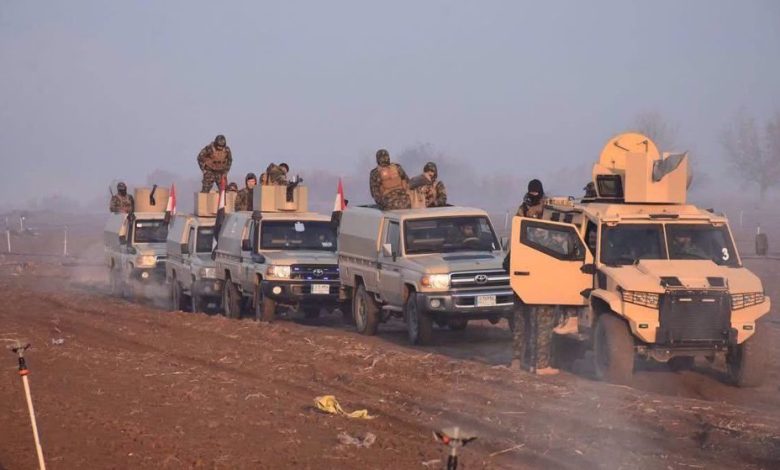
The media office of Hashd al-Sha’abi has issued a statement confirming the deployment of forces to bolster defenses along the frontier in the context of the Nineveh Sector Operations. This strategic move comes in response to challenging weather conditions, including a severe cold spell affecting the region.
The announcement underscored that these measures are part of ongoing efforts to fortify the Iraqi-Syrian border. They are portrayed as precautionary actions designed to prevent any hostile attempts that could jeopardize Iraq’s national security and stability.
Fighters from the Popular Mobilization Units (PMU) were instrumental in liberating regions previously under the control of Daesh, significantly contributing to the country’s military efforts.
In November 2016, the Iraqi parliament enacted legislation granting formal legal recognition to the Popular Mobilization Units (PMU), integrating them into the country’s national armed forces. This law placed the PMU under the jurisdiction of the prime minister, ensuring their eligibility for salaries and pensions similar to those provided to the regular army and police.
On November 27, militants spearheaded by the Hayat Tahrir al-Sham (HTS) group orchestrated a surprise dual-front offensive targeting Syria’s northwestern city of Aleppo and the surrounding countryside of Idlib. Advancing southward, they swiftly seized control of several key cities, namely Hama, Homs, Dara’a, and Suwayda. This strategic progression culminated in their capture of the capital, Damascus, by December 8.

